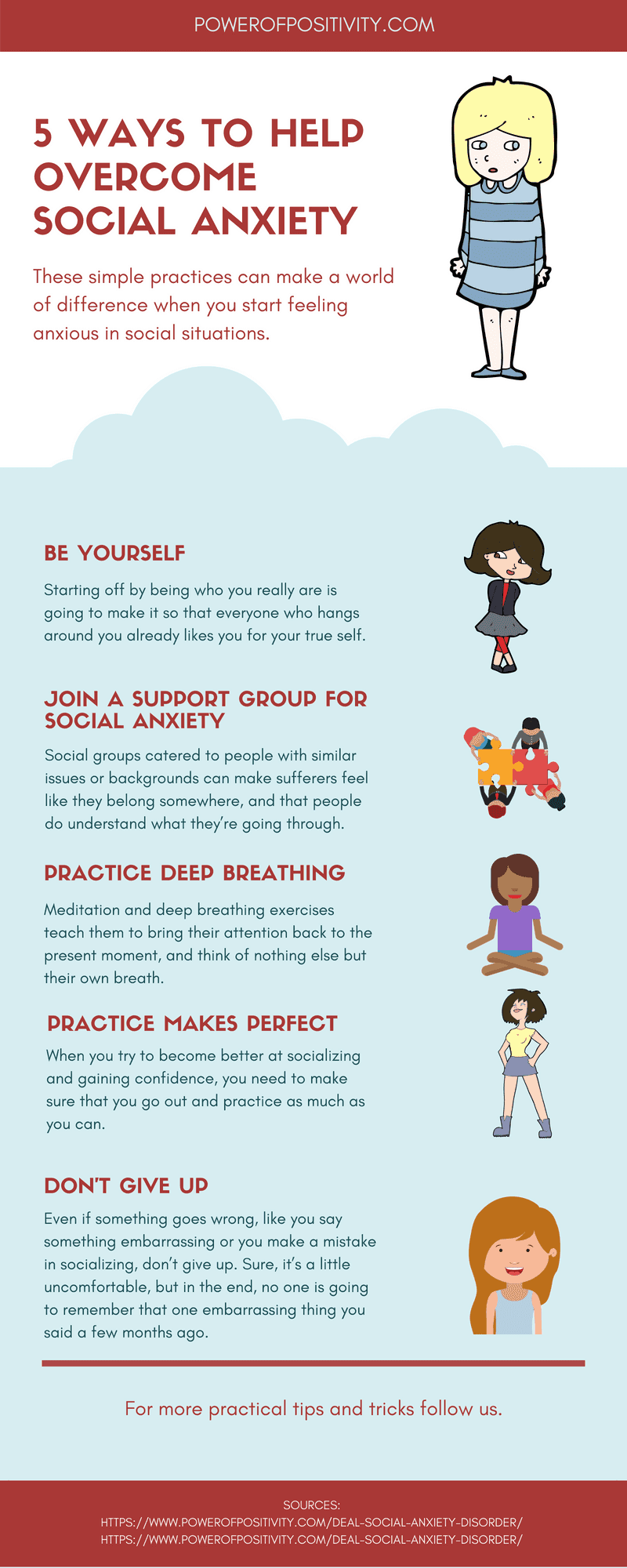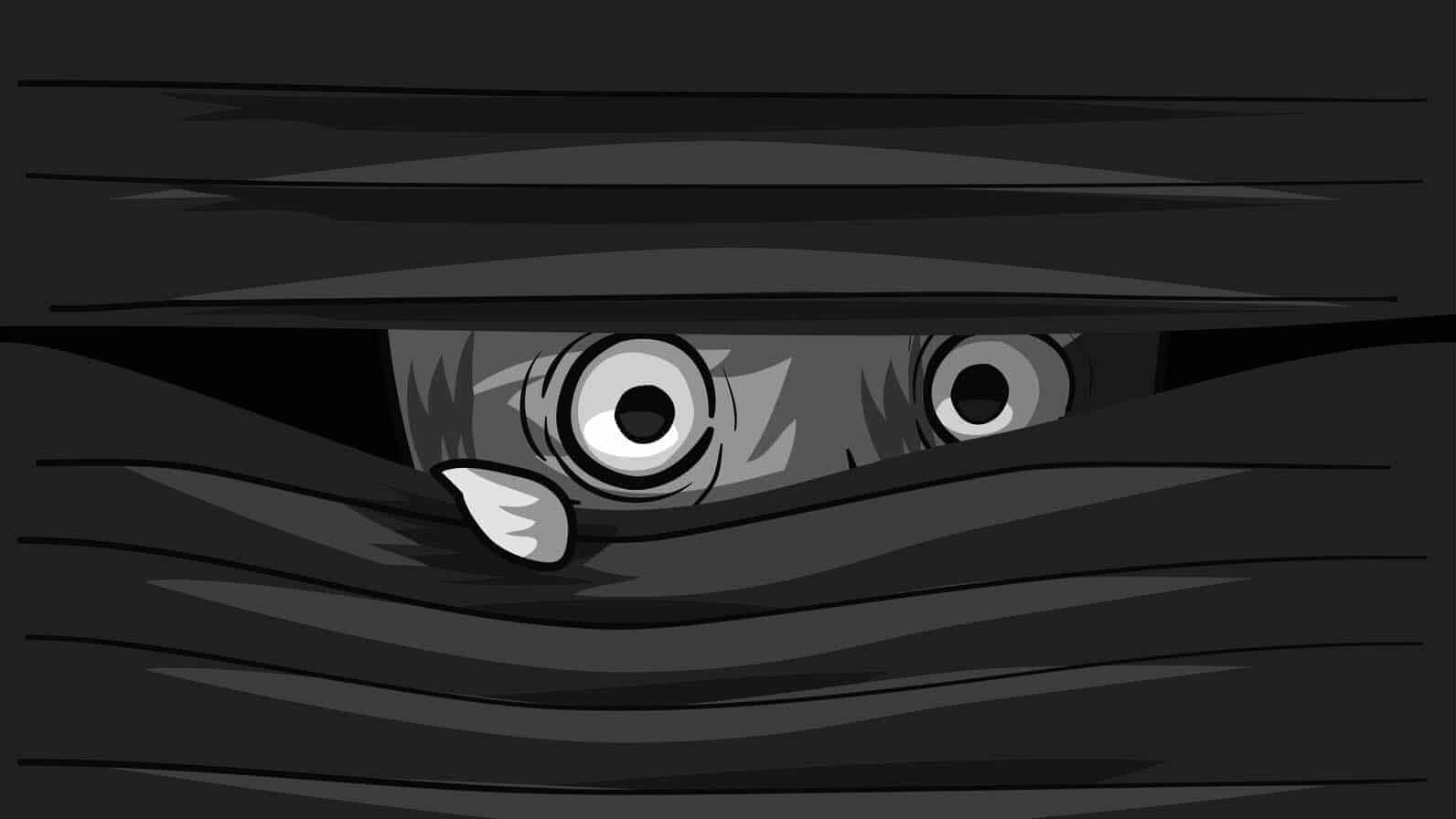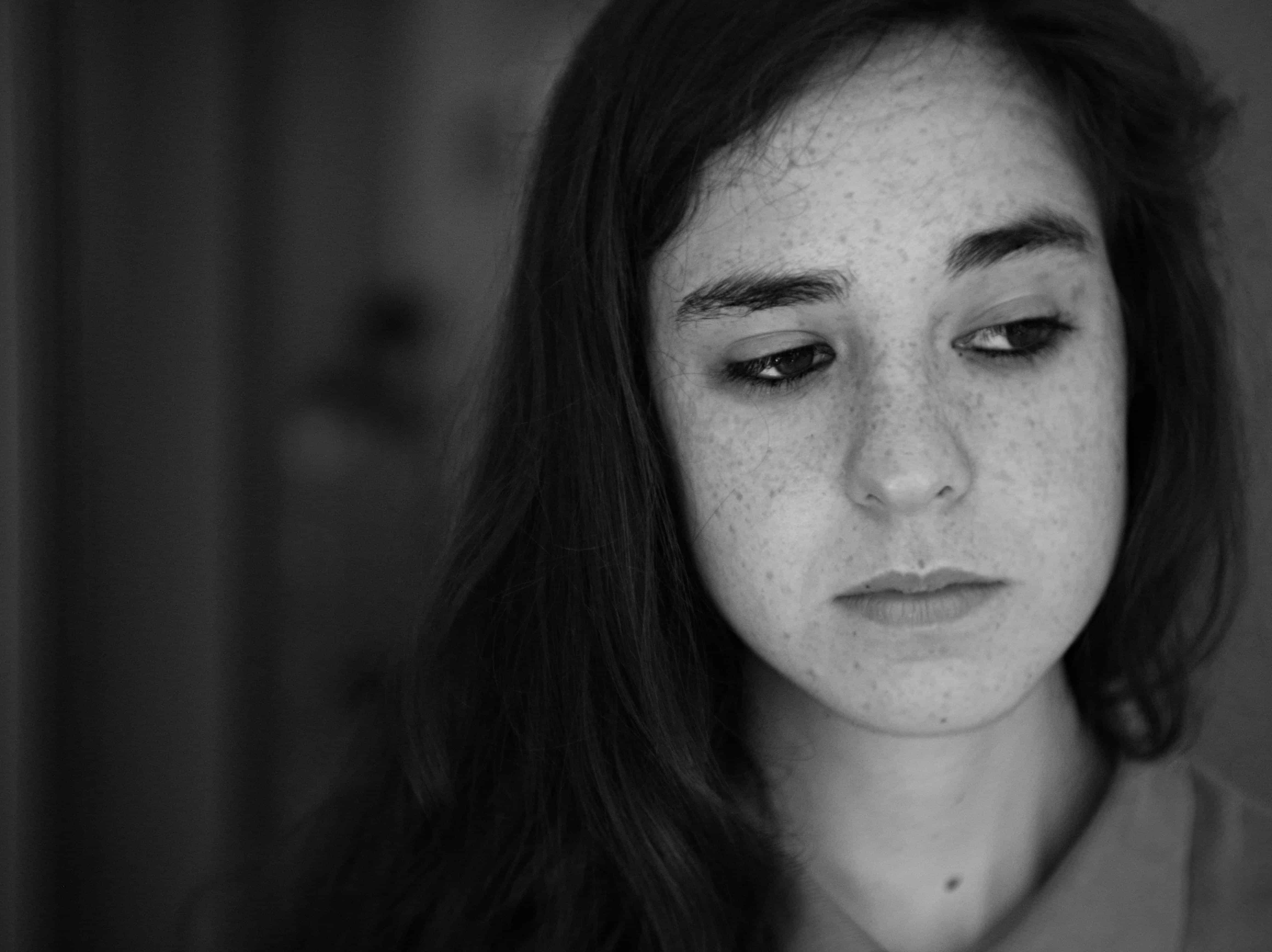If you have never dealt with social anxiety disorder, consider yourself lucky; according to the anxiety and depression association of America, more than 40 million adults in the United States suffer from anxiety, which roughly 18% of the country’s population. Unfortunately, there are no definitive answers when it comes to the cause of this disorder.
Many studies have cited genetics, environmental factors, and brain chemistry as possible reasons, but no one has been able to unequivocally say that any one thing, in particular, is the root cause of the disorder. However, there are two cold hard truths that apply to social anxiety; firstly, the disorder is treatable, and second, if left untreated, it can disrupt every facet of your life.
HOW TO DEAL WITH SOCIAL ANXIETY DISORDER
When it comes to treating social anxiety, the treatments can vary in the same way that the etiology of the disorder itself does. There is no “one size fits all” treatment option with respect to anxiety. The one thing this is salient, however, is the incessant worrying that can encroach on one’s professional and personal life.
With a little bit of trial and error, it is possible to find a treatment that works for you, specifically. That said, less than 40 percent of those who suffer actually seek treatment. Ironically, the very fact that they have social anxiety is probably the one thing that holds them back the most.
WHAT IS SOCIAL ANXIETY DISORDER?
Before we delve any further into this article, let’s take a moment to identify social anxiety. Although social anxiety has become more prevalent worldwide, it is still a disorder that is ill-understood, especially outside of scientific circles. Social anxiety is the third largest mental health problem in the United States, perhaps even the world.
It’s not unusual to equate anxiety with shyness, but the two are not the same. Those are only dealing with shyness will, over time, become comfortable in a given situation and the shyness will begin to dissipate. However, for those dealing with anxiety, the looming feelings of insecurity, anticipatory anxiety, depression, inferiority, and indecision are omnipresent, and they can begin to take over your life.
BEFORE TRYING MEDICATION
In a day and age where everyone seeks instant gratification, this is not the mindset that you want to adopt when trying to overcome anxiety. That said, there are instances where medication may be the only option. But in most cases, therapy sessions with the right therapist may suffice. Also, self-help books, deep breathing, and meditation can alleviate certain social anxiety disorder symptoms including ruminating thoughts, profuse sweating, and tremors, for example.
PSYCHOTHERAPY FOR SOCIAL ANXIETY DISORDER SYMPTOMS
If you haven’t considered psychotherapy, perhaps you should. This treatment option is one that improves symptoms amongst those struggling with social anxiety. During therapy, individuals learn how to identify and cope with their negative thoughts. Also, they develop skills that allow them to become not only comfortable but also confidence in social situations. It is important to note, however, that psychotherapy is most beneficial in individual and group settings.
A NATURAL SOCIAL ANXIETY DISORDER TREATMENT
Before turning to prescription medications, you should know that there are herbal remedies that can be highly effective. Herbal supplements like valerian, kava, theanine, and passionflower have all been proven to have a calming effect on those who have taken them.
However, much like prescription medications, they have their fair share of side effects, although not to the degree typical of prescription anti-anxiety medications. As with any medication, you’re encouraged to do your due diligence and carefully read product labels, and also, do your own independent research.
PRESCRIPTION MEDICATION FOR YOUR SOCIAL ANXIETY DISORDER
There is a reason why this treatment option is being discussed last; prescription medications should be a last resort when choosing a social anxiety disorder treatment. Some of these medications can be habit forming. They can also lead to liver problems and have other damaging side effects as well. Some of the more commonly prescribed medications for those with social anxiety disorder include
- Benzodiazepines
- Beta-blockers
- Antidepressants

SPEAK OPENLY ABOUT YOUR ISSUES
As with anything involving your overall health, you should have an at length conversation with your practitioner regarding the efficacy of the medication, side effects, and the proclivity towards addiction. Also, you should speak candidly regarding your social anxiety disorder symptoms. This discussion can help your physician or psychiatrist recommend the appropriate pharmacotherapy for you.
In summation, your social anxiety disorder does not define you, having the courage to seek help does. So, get help today.


















